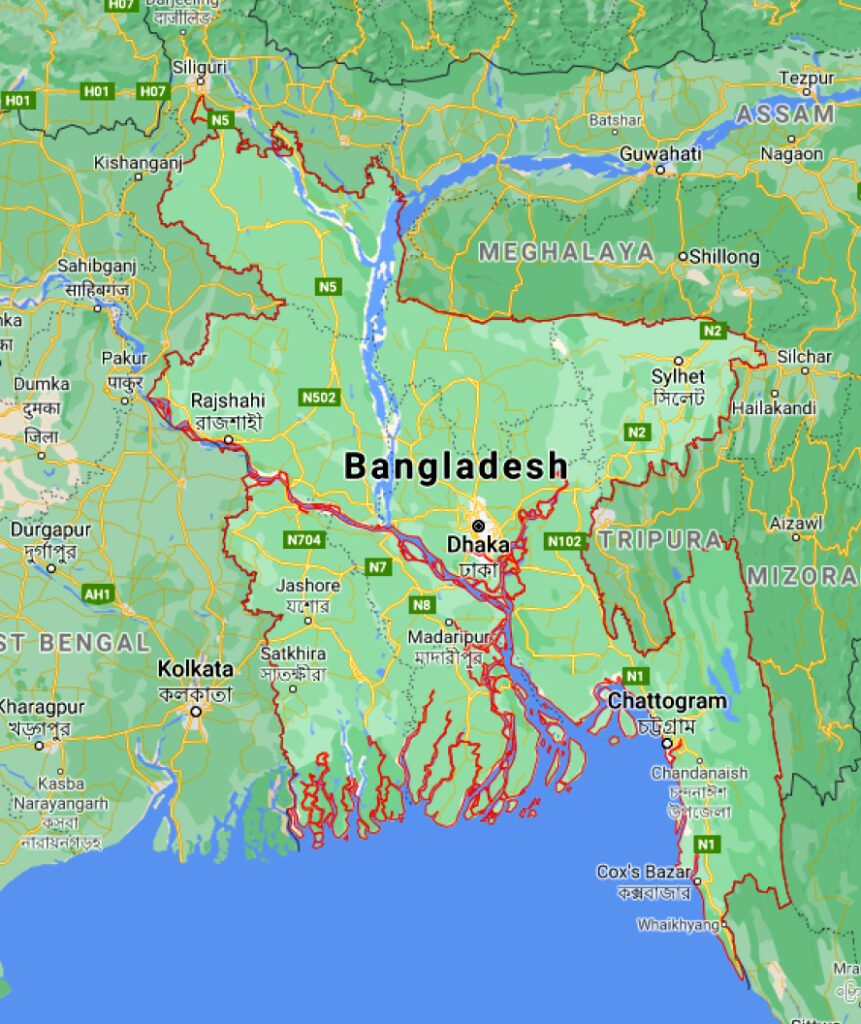
Why was Bangladesh created and what kind of Bangladesh was dreamt of by those who fought for and supported the efforts for independence during the liberation war?
There is currently a deep confusion about the reason why Bangladesh was created and what kind of Bangladesh was envisaged by the supporters of independence. I think the confusion has been caused by politicians and some thinkers claiming something else than actually what happened. The liberation war took place as a result of the Pakistani army initiating a military action to silence those who were demanding the implementation of the 1970 election result.
There were all sorts of other demands from a variety of groups in East Pakistan and the Awami League’s voice was the strongest. When the war started the majority from all sections wanted to fight and liberate the country. Exactly what the liberated country should look like was not discussed and debated before the process of liberation had started. After the liberation, and within a few years, a section of the pro-liberation forces, some who fought bravely, turned against Sheikh Mujib and the Awami League. Later, a section of that group created the BNP.
This should give one good reason to think about and question claims and assertions being made by the Awami League concerning the liberation war.
During the 20th Century, we had several movements and major upheavals in our country’s history, like the partition in 1947 and the liberation war in 1971. Each time the vast majority of Bengali Muslims united to support one side first, in 1947 for partition under the leadership of Jinnah (Muslim League) and 1971 for liberation under the leadership of Sheikh Mujib (Awami League), and then quickly changed their minds and became disunited after the main objectives of the movements were achieved.
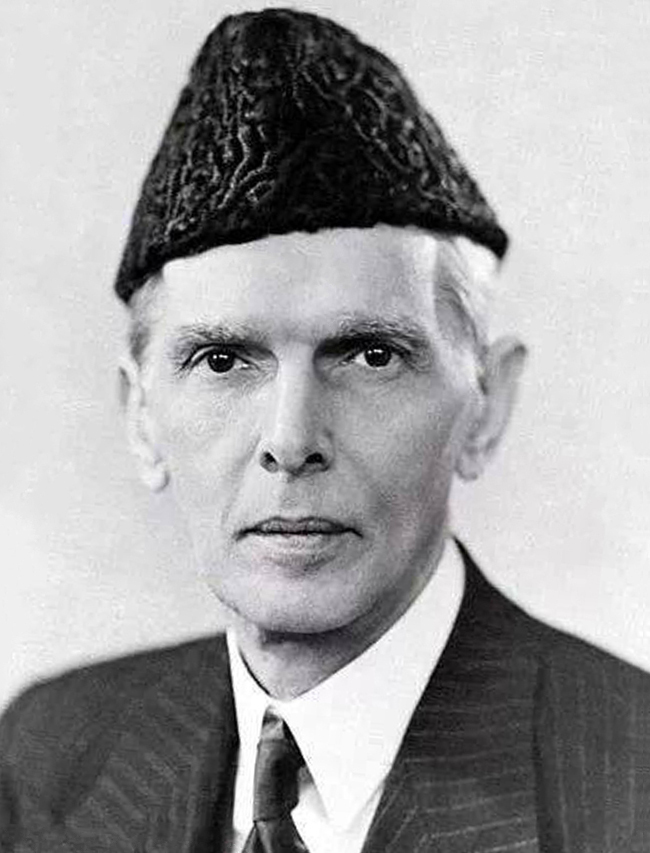
Muhammad Ali Jinnah 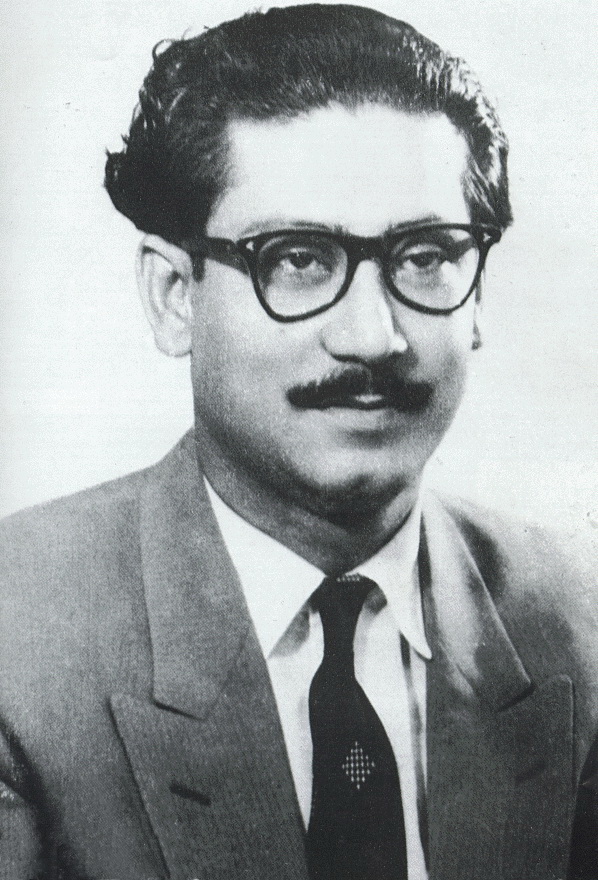
Sheikh Mujibur Rahman
After the creation of Pakistan trouble had started quite soon, which began to divide the supporters of the Pakistan movement in East Pakistan. That happened primarily for three main reasons. First, although the Bengali Muslims supported the Pakistan movement because of a perceived fear of Hindu domination, things changed very quickly after the creation of the new nation. One side thought that the creation of Pakistan as a Muslim homeland in the Indian subcontinent meant that it should be based on Islamic principles or Islamic law. Another side thought that they did not support the partition of India for implementing Islamic Shariah in the new country. Rather, they just wanted to escape from perceived fear of Hindu domination under an independent India. Second, how Pakistan should be ruled became a contention with two wings separated by 1,000 miles of India in between. Third, culture and linguistic issues and the perceived, by some, of the irreconcilable differences between the two wings in these regards also created divisions within Bengali Muslims.
Some Bengali Muslims soon started to become disillusioned with the Pakistan idea. There was very little prior discussion and agreed on consensus before Pakistan was created in terms of exactly what it would and should look like. The majority of people supported the creation of Pakistan because of the context, political failures to find a solution, large-scale communal violence taking place, etc. and just went with a process that was perhaps seen as inevitable at that time.
Similarly, during the Liberation War, most Bengali Muslims and Bengali Hindus in East Pakistan supported the freedom struggle. Before the war had started the majority of Bengali Muslims supported the Awami League Party under the leadership of Sheikh Mujib in the 1970 election who achieved an overwhelming victory. But the questions before the election were not about Bengali Nationalism, secularism or socialism. They were based on Mujib’s six-point demands:
- A federal constitution
- The centre dealing with defence and foreign policy only
- Either two separate, freely convertible currencies for the two wings, or one currency with two separate reserve banks to prevent an inter-wing flight of capital
- The power of taxation and revenue collection shall be vested in the federating units
- Economic disparities between the two wings shall disappear through a series of economic, fiscal, and legal reforms
- A militia or paramilitary force must be created in East Pakistan.
The 1971 liberation struggle was imposed on us by the Pakistani military actions taken to destroy the voice of those demanding the implementation of the 1970 election results. People supported Sheikh Mujib and the Awami League in the election based on primarily these six-point political demands and no discussion took place and consensus achieved between the wide-ranging groups and orientations about what an independent Bangladesh would look like before the country was created. The Liberation War was imposed on us on 26 March 1971 and the vast majority of the people from the right to the left and all shades of opinions supported the war efforts for freedom.
However, soon after Bangladesh gained its independence the Awami League started to construct a Bangladesh based on the narrow visions of secularists and Bengali nationalists. Many people who supported and fought bravely for liberation felt betrayed by Mujib. Just like what happened soon after the creation of Pakistan similar, divisions started to appear in an independent Bangladesh. People began to resent what the Awami League was doing. Many of those who supported and fought bravely for Bangladesh’s liberation first began to get disillusioned and then started to oppose the Awami League government under Mujib.
Between 1972 and 1975 there were many many different groups with different ideas about what the new country should look like. There were also high levels of insecurity, conflicts, state violence, etc.
At first, Mujib tried to create a Bengali Nationalist and Secularist democracy with socialism as a principle and then in 1975 he created the Bakshal one-party rule, banning all other parties. In 1974, there was a massive famine and the media around the broadcasted images and accounts of starvation and deaths nearly every day. In August 1975, Sheikh Mujib, with many members of his family, as well as some others, were brutally killed by a group of freedom fighters, and many of his party men supported the killers and joined the new administration, including Khondkar Mushtak Ahmed who led the first post-Mujib administration.
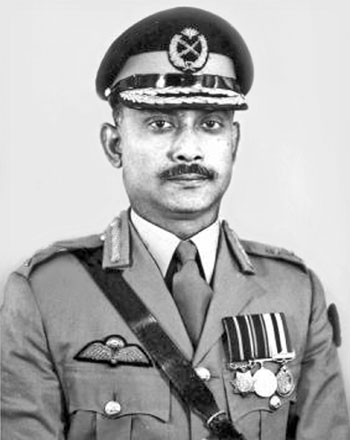
General Ziaur Rahman 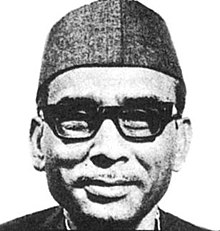
Khondkar M Ahmed
General Ziaur Rahman, who is alleged to have encouraged indirectly the killers of Mujib to go ahead with their coup plan, was also a freedom fighter of some repute, who later founded the BNP. Khondkar M Ahmed was the first foreign minister of independent Bangladesh and served in the Mujib’s cabinet in other capacities too. He is said to have supported the coup, proclaimed himself the president after the killing of Sheikh Mujib. During the liberation war, he was in part of the exiled Mujibnagar government.
This is a broad generalised summary of what happened. Exactly why what happened are matters can be determined from studies, listening to participants, critical thinking and making an informed judgement.